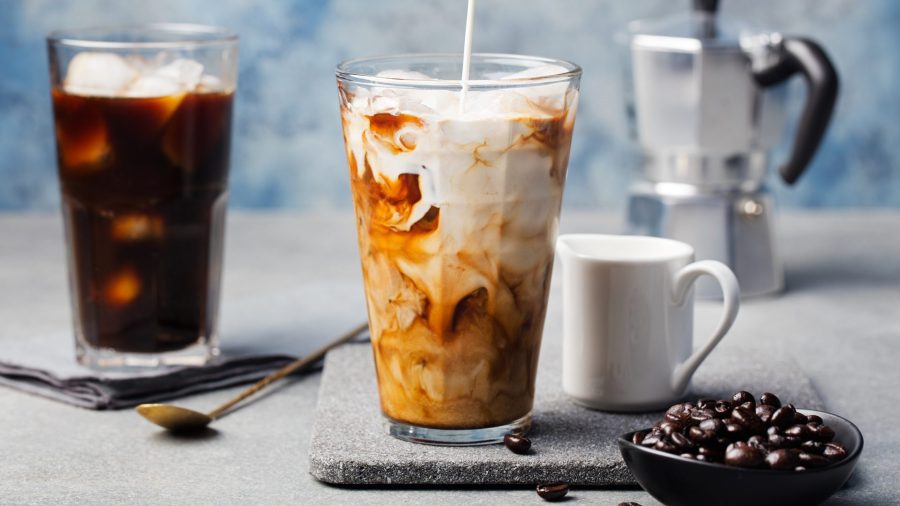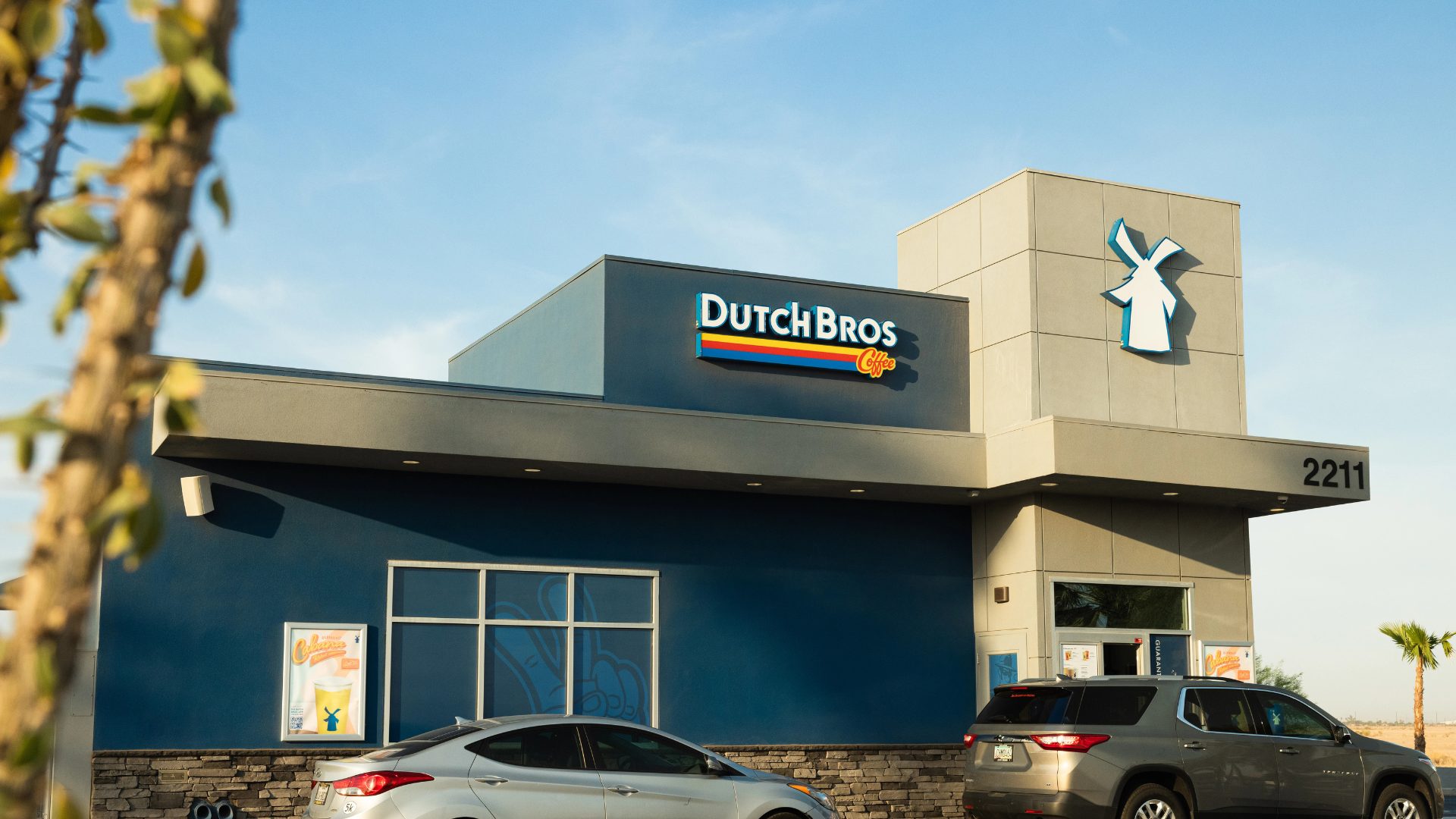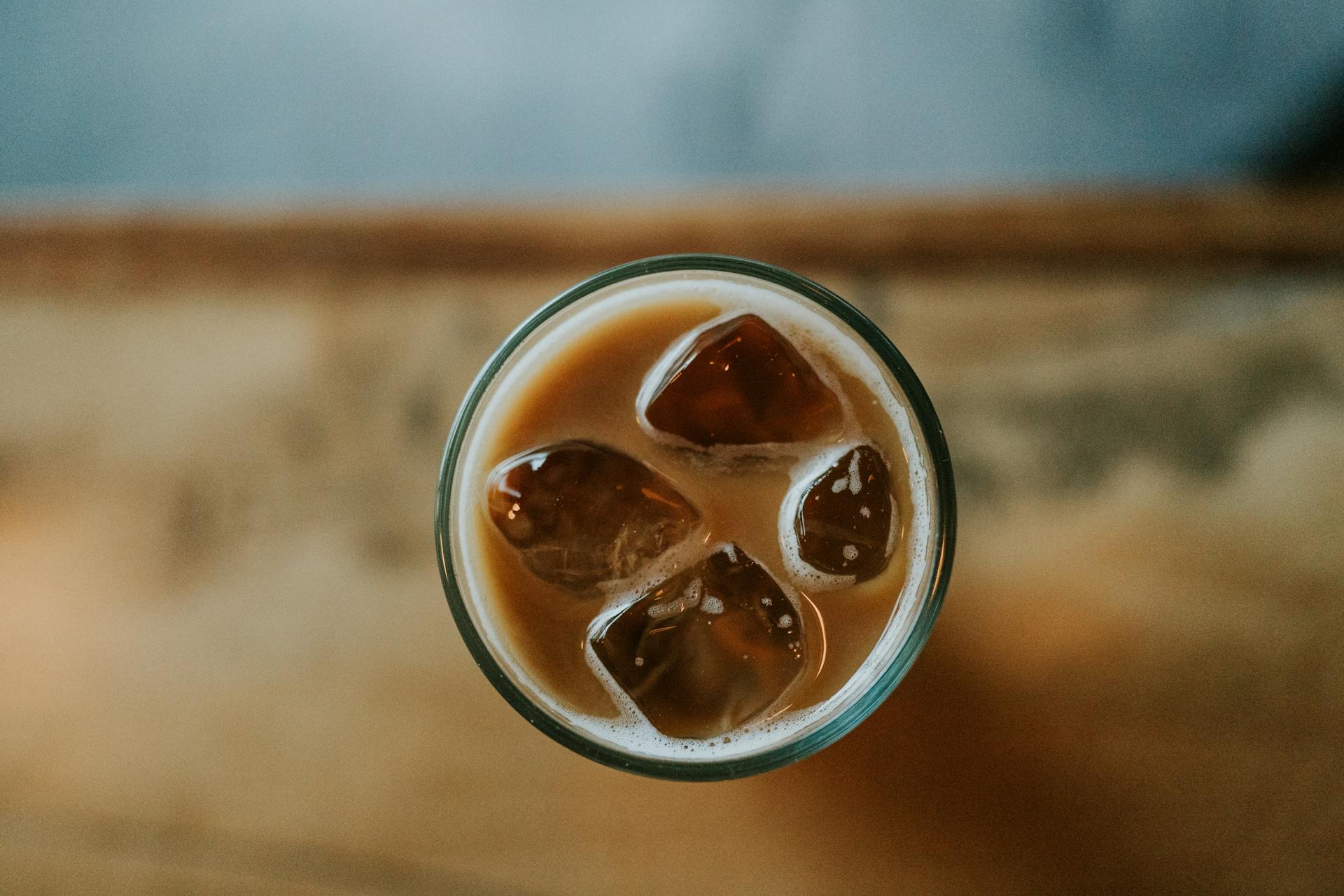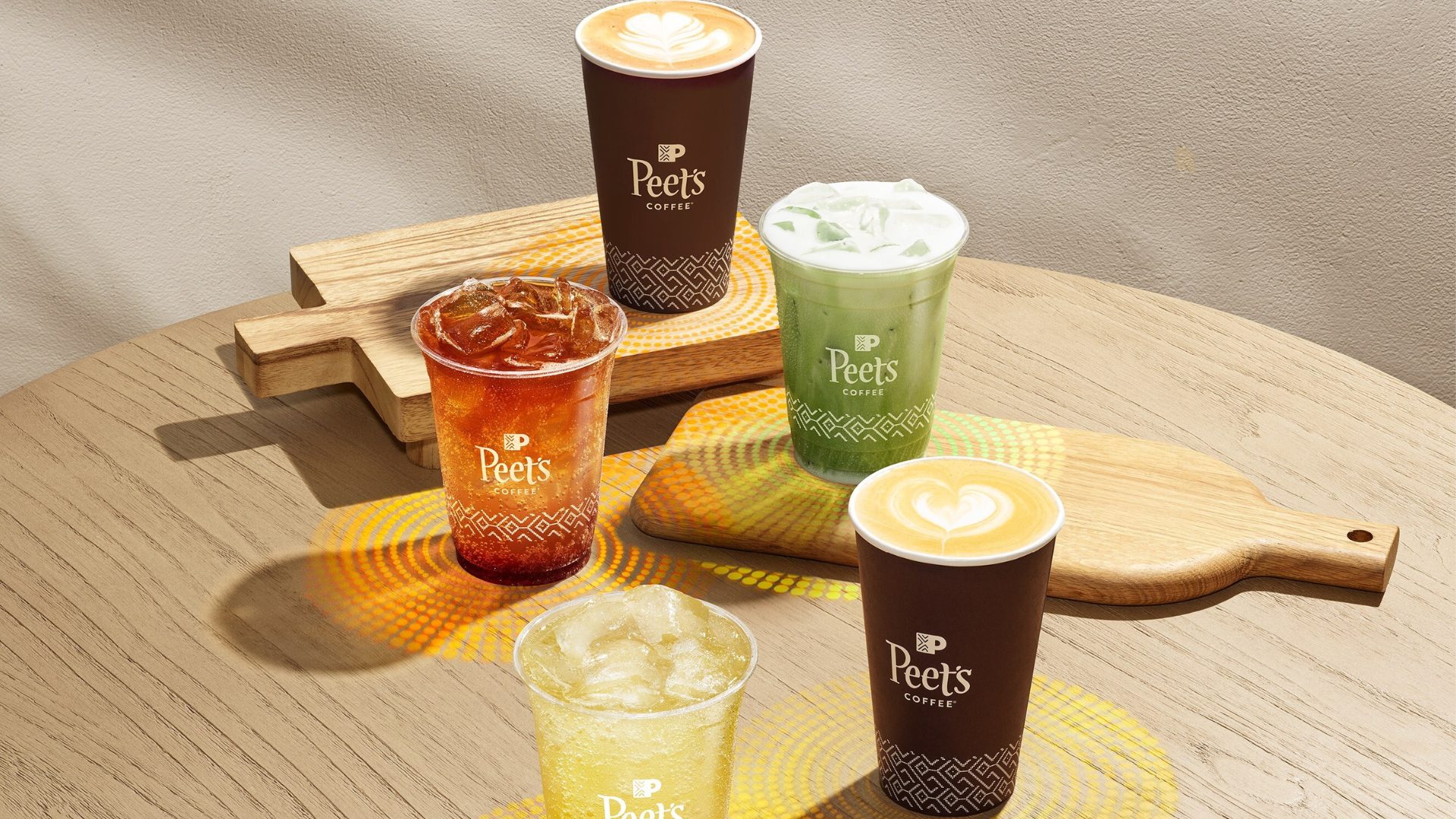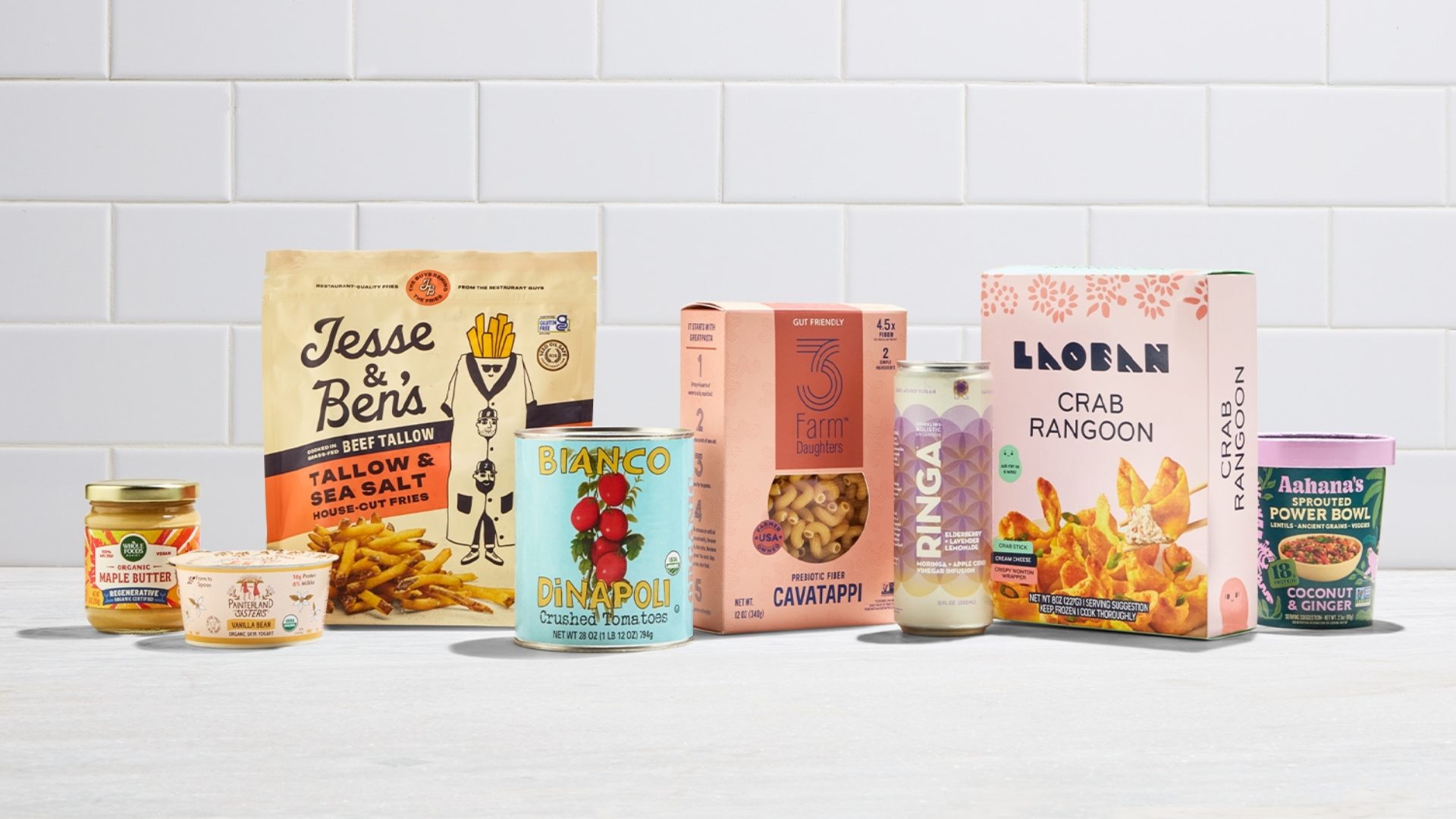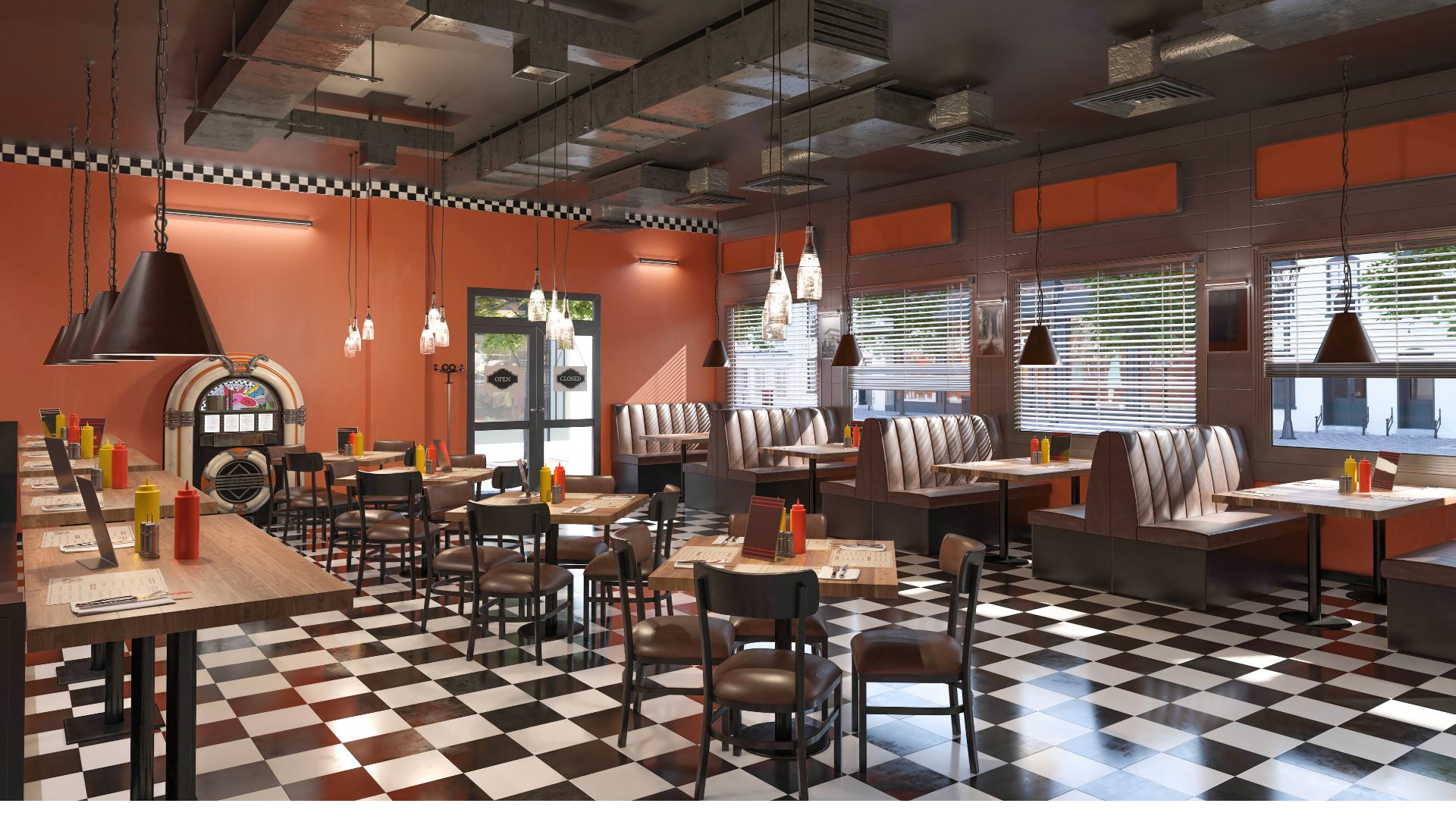As the CEO of Bizzy Cold Brew Coffee, Alex French works – and leads – tirelessly.
“We’ve got a policy here: no naps, drink coffee,” French said.
“We have clear, core values that I live and breathe,” the CEO added, in a recent conversation with The Food Institute. “As the CEO, I lead by being here. I’ll go work on the production line. … I’m in the trenches with my team. If I’ve got to go on a red-eye (flight) to catch a sales meeting, I’m going to.”
French has learned how to tip the scales of work-life balance in his favor in recent years, just as he has learned how to set his brand apart from competitors in a ready-to-drink coffee sector that has grown to $6.5 billion in value.
“The need for energy continues to increase – consumers are looking for healthier forms of energy. And cold brew has this beautiful mesh of quality, taste, and health,” French said, adding that Bizzy’s certified-organic, RTD drinks tend to be high in antioxidants.
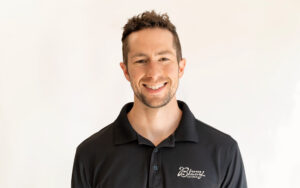
“For the consumer, it’s really about taste, caffeine, and price. Those are the three things that they care about, and those are won on the shelf.”
“You can’t win on the shelf by (marketing) ‘taste’; consumers don’t trust that,” added French, who was recently honored as a regional EY Entrepreneur of the Year. “What we did was we noted the caffeine on the front of the bottle – between 270 and 300 milligrams per 12-ounce serving; we’re the only ones that do that. So, the consumer can look and say ‘This is a lot of caffeine for just slightly more money than the mainstream, national brands.’”
That marketing strategy works well in an era of at-home-baristas and busy, on-the-go professionals.
Resonating with Multiple Demographics
While Bizzy’s typical customers tend to be millennials and Gen Zers, the brand’s messaging resonates with seemingly everyone that’s active on social media. And persistent, creative marketing is an imperative when your brand sells products that aren’t highly visible (coffee is often confined within mugs or Stanley tumblers, French noted).
“Honestly, I’m shocked when I look at who tags us on Instagram. It’s literally every person from every walk of life,” French said. “It does skew younger in age, but in terms of socioeconomics, regionality, race, religion, I mean it really is everybody. It’s every single type of person.”
Some cold-brew coffee devotees get fancy, including syrups in their drinks. Some people put the product in smoothies prior to workouts. In 2024, some consumers even add cold-brew coffee to espresso martinis.
The versatile nature of the product has caused cold-brew coffee to “explode in consumer demand,” French said.
“It’s just such a functional and diverse product,” the CEO said. “And everyone has an energy need in some capacity.”
Leadership Philosophy
High demand has helped Bizzy products land on the shelves of more than 7,500 grocery stores across America. Hustle on the part of the brand’s CEO has only aided product distribution.
“When I’m thinking about what I sell to the grocery buyer, I’m essentially selling them money; ‘Hey, make more money with us, knowing that the consumer gets an incredible value proposition when they buy our product,’” French said. “But it’s got to sell; the consumers have to consume the product and come back and buy it again.
“It’s easy to get (products) on the self. It’s hard to get them off the shelf.”
A well-received product has put Bizzy on the map. Hard work and crafty leadership will be required to keep the brand in good standing. French knows that.
So, the CEO can rest upon retirement.
“The food industry, it’s very hard, and you might have to just outwork someone,” French said.
The Food Institute Podcast
In the fast-paced and highly regulated world of manufacturing, especially within the food and beverage industry, maintaining stringent hygiene standards is not just a best practice—it’s a necessity. Steve Voelzke, president of Robroy Industries’ electrical products division, explored why it’s essential to adopt a holistic approach and how this approach can significantly lower the risks of product recalls.


